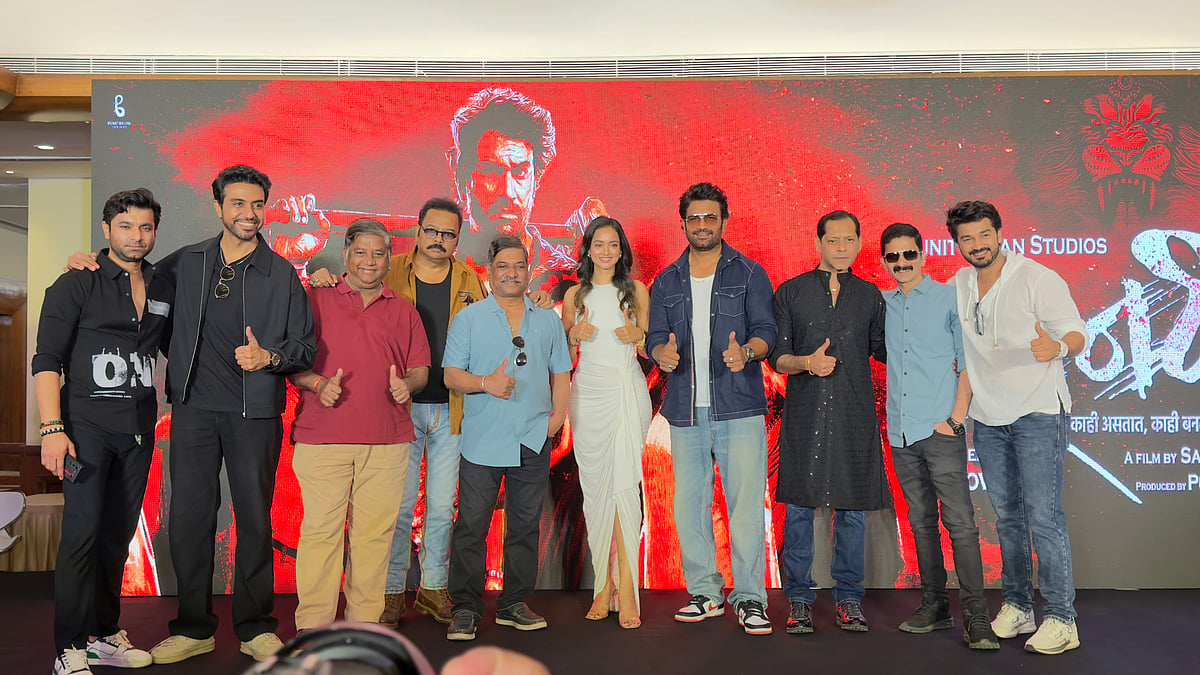The accused in the Pune ISIS terror module case were planning to replicate the 2008 terror attacks by targeting restaurants and hotels in Colaba and Nariman Point this year, before the anniversary of 26/11. They aimed to repeat the attacks, specifically targeting places like Chabad House in Colaba and hotels and restaurants.
Exclusive information accessed by The FPJ
The Free Press Journal has exclusively accessed information indicating that, during its investigation, the National Investigation Agency (NIA) found that the accused Shahnawaz Alam and Rizwan Ali conducted reconnaissance on Chabad House, and various restaurants and hotels in Mumbai. They identified locations to place explosives and planned serial blasts. According to intelligence inputs, they maintained communication with their handler based in Pakistan, sharing every detail about their planning, operation and execution.
According to sources, the accused planned to replicate the same strategy as that the attackers adopted in 26/11, when Ajmal Kasab and 10 other terrorists targeted Leopold Cafe, Taj Hotel, Oberoi Hotel, and Chabad House, intending to carry out mass killings.

Alam and Ali |
The NIA is set to file a supplementary chargesheet detailing the roles of Alam and Ali in connection with the planning and operations of the terror module.
Details unearthed by investigation
According to the investigation, Alam and Ali purchased a second-hand Enfield motorcycle for Rs. 95,000 from an individual in Vikhroli who had advertised it for sale on social media. Additionally, they purchased an Hero XPulse from Mulund, which was used for recce purposes. After the recce, the accused hid the XPulse at the residence of a friend in Panvel. The motorcycle was later recovered by the NIA.
The investigation further unveiled that the both accused also conducted recce on vital installations and sensitive areas and took photographs.
Sangli and Satara identified by accused to conduct training
The NIA found that the accused identified a few locations near Pune, Sangli and Satara to conduct training. They also documented their activities through photography and videography using a drone camera, which was later recovered by the NIA. Additionally, during the investigation, 28 audio files recovered from the accused revealed cruel instructions on causing violence to non believers.
Accused are technology savy
An officer, speaking on condition of anonymity, claimed that the accused were fully radicalised and considered more dangerous than the 26/11 attackers. They were technologically savvy, experts in bomb-making, and, more importantly, do not believe in democracy. According to them, voting in any form of election is ‘haram’, and Sharia is supreme over the Constitution of India, the official said.











